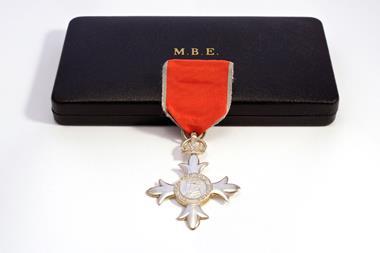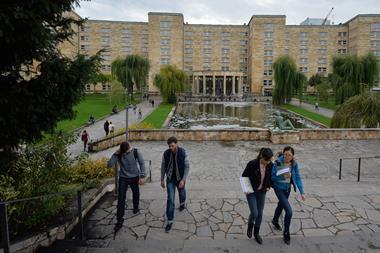Project that helped bring together warring nations through science comes to an end
The long-term future of a steering platform on research that brought warring Balkan nations and the EU together through science is uncertain after the project that hosted it ends. EU officials are now scrambling for alternative avenues to keep the hard-won cooperation going in this troubled region.
The project – WBC-Inco.Net – and the steering platform were lauded for their achievements at the project’s final conference in Vienna, Austria in March. The platform was set up in 2006 as part of wide-ranging and systematic EU support for cooperation on science to help the region integrate into the EU and make peace with each other following the wars in the 1990s. Science was seen as an important step on the way to EU accession for these countries.
The platform’s top achievements include regular and open exchanges among EU states, the commission and WBC, exchanges that were also open to many other stakeholders such as UNESCO. It also encouraged the development of the regional R&D strategy for innovation, and supported the efforts of countries in the Balkans to secure EU research funding.
The platform brought together a range of stakeholders, such as the OECD, World Bank, and Central European Initiative. ‘Every presentation has resulted in a concrete contact, follow-up or deliverable actions, so that has been a project that has functioned very well, that has created a real dynamic and is a reference in the region and for the region,’ says Tania Friederichs, policy officer at the European commission’s directorate-general for research and innovation. ‘We need to find another forum, another mechanism to continue to meet – each country is too small to do it bilaterally.’
She says the commission is prepared to host the platform under the Italian presidency. ‘But we don’t want to have this uncertainty, so it’s better to have an institutional mechanism that sustains that.’
A glimmer of hope for the platform emerged at a meeting in Split, Croatia, last week where the Regional Cooperation Council for south east Europe indicated it might back it, according to Elke Dall, who was closely involved with the project at the Center for Social Innovation in Vienna. ‘We will have to see what kind of budget can be reserved for it and how it will happen,’ she adds.












No comments yet